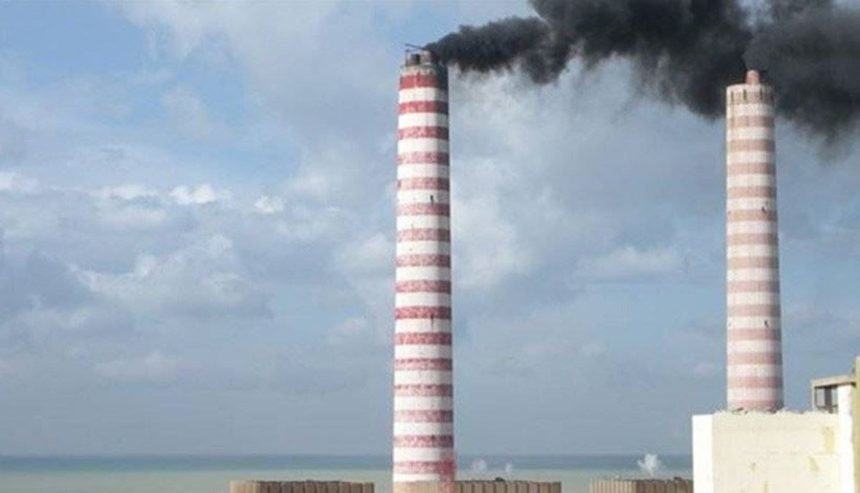Under the APPLE C (Apply Public Procurement Law to End Corruption) program, LIMS continues its relentless campaign against systemic corruption in Lebanon’s public procurement system.
One significant issue exposed by LIMS is the hazardous chemical storage at the Zouk Mikael thermal power plant. The disposal process for these dangerous materials is stalled due to the Ministry of Energy and Water’s repeated failure to conduct a legal tender, with the process repetitively marred by irregularities. In response to LIMS’s awareness, a resident sit-in was organized demanding the removal of these materials campaign. The Mayor of Zouk Mikael warned that these chemicals could become even more hazardous over time, particularly given the proximity of the fuel importing company “Coral”. Environment Minister has since offered to liaise with EDL to ensure the chemicals are scientifically packed and safely handled.
LIMS also released a policy brief addressing corruption issues in public tenders. The brief detailed various collusive practices such as: cover bids, bid rotation, and conflicts of interest between ministers and bidders. Examples include consultancy services, economic connections among bidders, multiple bids from a single company, and familial ties. Collusion leads to reduced competition (single bidder), higher prices, lower output, and reduced innovation. To combat these issues, LIMS proposed a legal provision to prevent establishing monopolies through public procurement in sectors where multiple providers can operate. In the exceptional cases of natural monopolies, stringent measures should be applied to prevent collusion. Furthermore, LIMS called for curbing the unchecked power of ministers, including limiting their ability to exclude bidders through tailored tender documents or shortened bidding deadlines under the guise of urgency.
In a separate policy brief, LIMS criticized the Ministry of Communications’ attempt to grant a monopoly to a new company, Stream Media, for providing “over the top” (OTT) services. OTT refers to the delivery of audio, video, and other media content over the internet, bypassing traditional cable, broadcast, and satellite platforms. These services allow users to access content directly through their internet-connected devices such as smartphones, smart TVs, tablets, and computers. Popular examples of OTT services include streaming platforms like Netflix and Shahid. LIMS argued that this move violates the Public Procurement Law by awarding the service through mutual agreement to a pre-selected company, bypassing competitive bidding. The significant danger lies in the attempt to monopolize a service that multiple companies could provide simultaneously, allowing subscribers to choose. Additionally, the deal raises widespread suspicions of corruption, imposing Stream Media, an unknown company, with no experience in the field, recently created for the sole purpose of taking this public contract. LIMS asserted that fostering competition would be more beneficial to the society than concealing corrupt practices under the guise of Ogero’s monopoly.
Through these efforts, LIMS continues to advocate for competition, merit, and efficiency in Lebanon’s public procurement processes, aiming to dismantle entrenched corruption and promote a more equitable economic environment.
- Zouk Thermal Plant: Beirut Port “2”? June 3, 2024: Lebanon 24, Article AR
- LIMSLB Exclusive: “Stream Media” A Newly Established Company That The Ministry Of Communications Seeks To Grant It The Monopoly Of The Freely Available OTT Service Online, June 5, 2024: LIMS LB, Article AR
- LIMS Exclusive: The Importance of Competition and Law Enforcement to Limit Collusion and Conflict of Interest in Public Contracts, June 11, 2024: LIMS LB, Article AR

